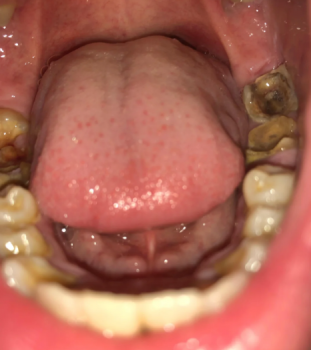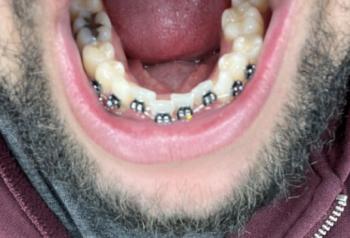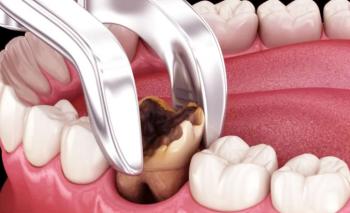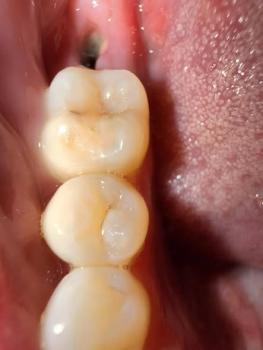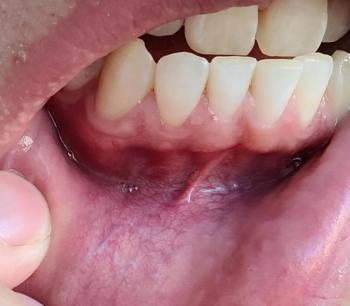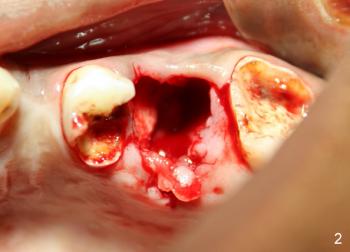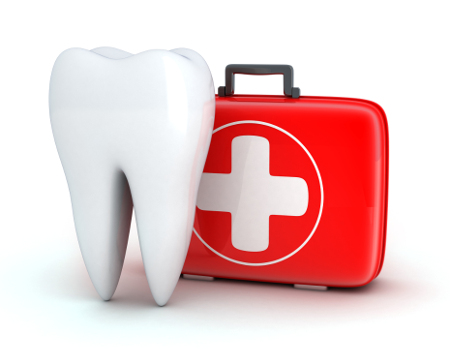From Pain to Perfect — We Care for Your Smile.
Alveolar Bone Loss in Filipino Men: Why Middle-Aged Men (35-50) Fail Dental Exams
Language :
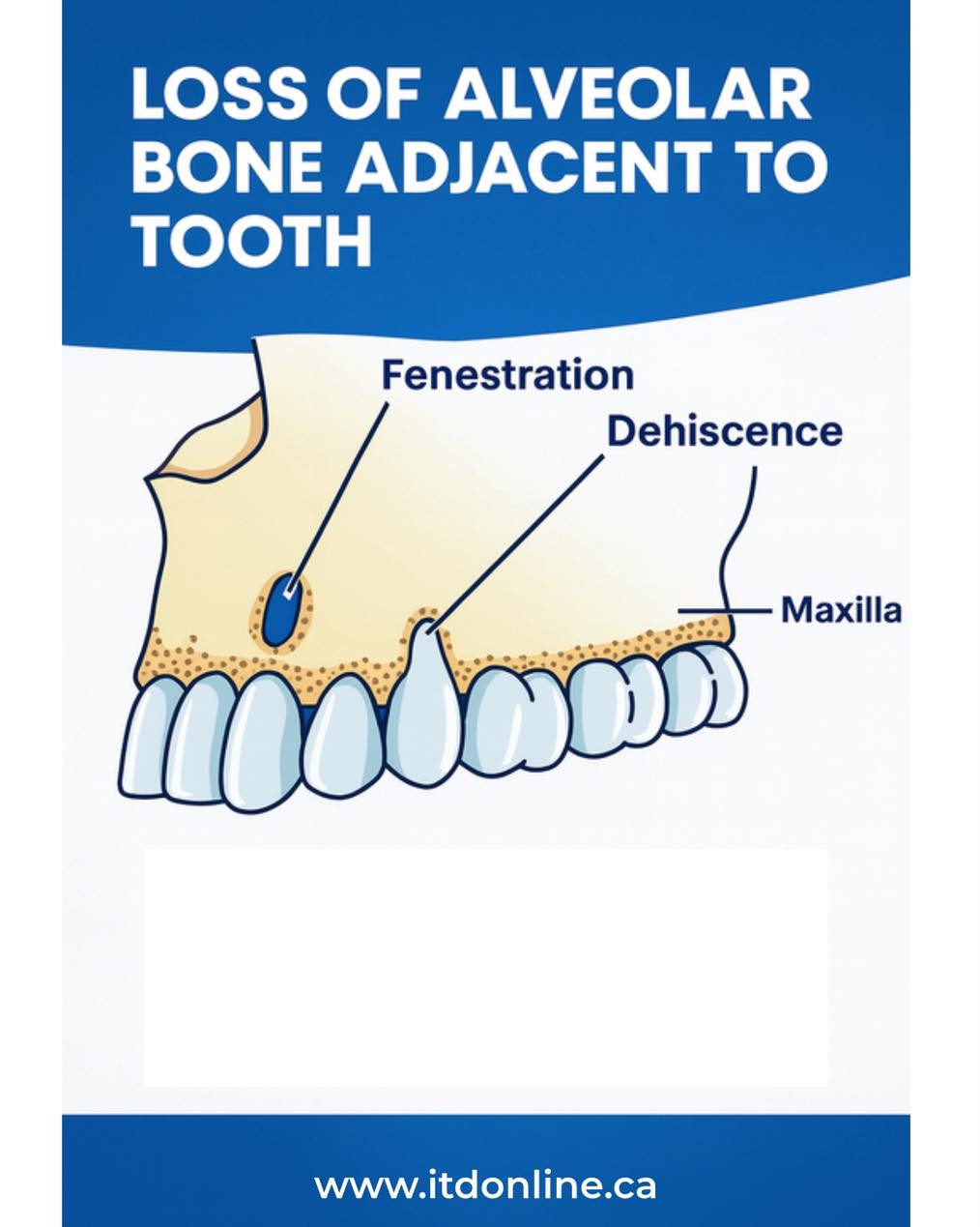
Topics:
The Silent Crisis: Why Middle-Aged Filipino Men Are Failing Dental Checkups
Posted on: October 26, 2023
Categories: Men's Health, Periodontal Disease, Patient Education
Tags: #PhilippinesDentalHealth #GumDisease #MensHealth #AlveolarBoneLoss #MiddleAgeHealth
If you’re a Filipino man between the ages of 35 and 50, a routine dental checkup might feel like a looming report card you’d rather avoid. You’re not alone. Dental professionals across the Philippines are seeing a troubling trend: a significant number of men in this demographic are "failing" their checkups, not because of a simple cavity, but due to a far more serious and silent issue—advanced periodontal disease leading to loss of the alveolar bone, the very foundation that holds your teeth in place.
This isn't just about "bad teeth"; it's a complex health issue rooted in biology, culture, and access to care. Let's break down the analysis and research behind this silent crisis.
The Core Problem: What is Alveolar Bone Loss?
First, let's understand the diagnosis. The alveolar bone is the specialized part of your jawbone that forms the sockets for your teeth. It’s dynamic and responds to the health of the structures around it.
Periodontal (gum) disease is a chronic bacterial infection of the gums. In its early stage (gingivitis), it causes redness and bleeding. If left untreated, it progresses to periodontitis, where the infection destroys the deeper supporting tissues, including that critical alveolar bone.
As the bone recedes, it creates "pockets" around the teeth, teeth become loose, and if the bone loss is severe enough, teeth can be lost entirely. This process is often painless until it's very advanced, which is why so many are caught off guard at a checkup.
The Analysis: A Perfect Storm of Risk Factors for Middle-Aged Men
Why are men aged 35-50 particularly vulnerable? Research and clinical observation point to a convergence of factors:
1. Cultural and Behavioral Factors:
-
The "Tough It Out" Mentality: Traditional gender roles often discourage men from seeking preventive healthcare, viewing it as unnecessary unless they are in pain. By the time pain appears from periodontitis, significant damage has already occurred.
-
Prioritization of Work and Family: In their prime earning years, many men prioritize providing for their family over their own health. A dental appointment is easily postponed.
-
Smoking and "Puwede Na" Mentality: Smoking is a primary risk factor for periodontal disease. It restricts blood flow to the gums, hiding the bleeding symptom (a key warning sign) and impairing healing. Combined with a tendency to settle for "pwede na" (good enough) when it comes to self-care, this creates a high-risk scenario.
2. Biological Factors:
-
Hormonal Differences: Studies have consistently shown that men are more likely to have worse periodontal health than women. The reasons are not entirely clear but may be linked to genetic and hormonal differences.
-
Age-Related Changes: As we age, our immune system's response to bacterial plaque can change. For individuals with a lifelong accumulation of plaque and calculus (tartar), the body's ability to fight the chronic inflammation weakens over time, leading to a rapid progression of bone loss in their 40s and 50s.
3. Systemic Health Links:
-
The Diabetes Connection: The Philippines is often called the "diabetes capital of Asia." There is a powerful, two-way relationship between diabetes and periodontal disease. High blood sugar makes gum infections more severe and harder to control, and severe gum disease can, in turn, make blood sugar more difficult to manage. Many men in this age group may have undiagnosed or poorly controlled pre-diabetes or diabetes.
-
Stress and Grinding: Middle age brings financial and familial pressures. Chronic stress weakens the immune system and often leads to bruxism (teeth grinding or clenching). This excessive force on teeth already compromised by gum disease can dramatically accelerate alveolar bone loss.
The Research: What Does the Data Say?
While comprehensive nationwide data is limited, smaller-scale studies and the consensus of dental organizations like the Philippine Dental Association (PDA) confirm the pattern:
-
The National Survey on Oral Health conducted by the Department of Health has previously highlighted high rates of periodontal disease among Filipino adults.
-
A study published in the Journal of the International Academy of Periodontology found a significant association between smoking, poor oral hygiene, and the severity of periodontitis in Southeast Asian male populations.
-
The link between diabetes and periodontitis is one of the most robust in dental medicine, with the Journal of Periodontology publishing numerous studies confirming that diabetics are three times more likely to develop severe gum disease.
The Way Forward: Reversing the Trend
The loss of alveolar bone is permanent, but the progression of the disease can be halted. A failed checkup is not a life sentence; it's a critical wake-up call.
For Patients:
-
Break the Stigma: Your oral health is integral to your overall health. Seeking care is a sign of strength, not weakness.
-
See a Dentist, Even Without Pain: Schedule a checkup and cleaning at least once a year, or every six months if you have risk factors like smoking or diabetes.
-
Embrace a Thorough Routine: Brush twice a day and, most importantly, floss daily to remove plaque between teeth where brushing can't reach.
-
Manage Systemic Health: If you have diabetes, work with your doctor to control your blood sugar. If you suspect you grind your teeth at night, ask your dentist about a night guard.
For the Dental Community:
-
We must tailor our messaging to reach this demographic, emphasizing the link between oral health and systemic conditions like diabetes and heart health.
-
Creating male-friendly environments and flexible appointment schedules can help reduce barriers to care.
Conclusion
The high rate of failed dental checkups due to alveolar bone loss among middle-aged Filipino men is a preventable tragedy. It’s a condition born from a perfect storm of cultural norms, biological predisposition, and linked systemic diseases. By understanding the "why" behind this crisis, we can empower a generation of men to take control of their oral health, preserve their smiles, and protect their overall well-being for years to come.

